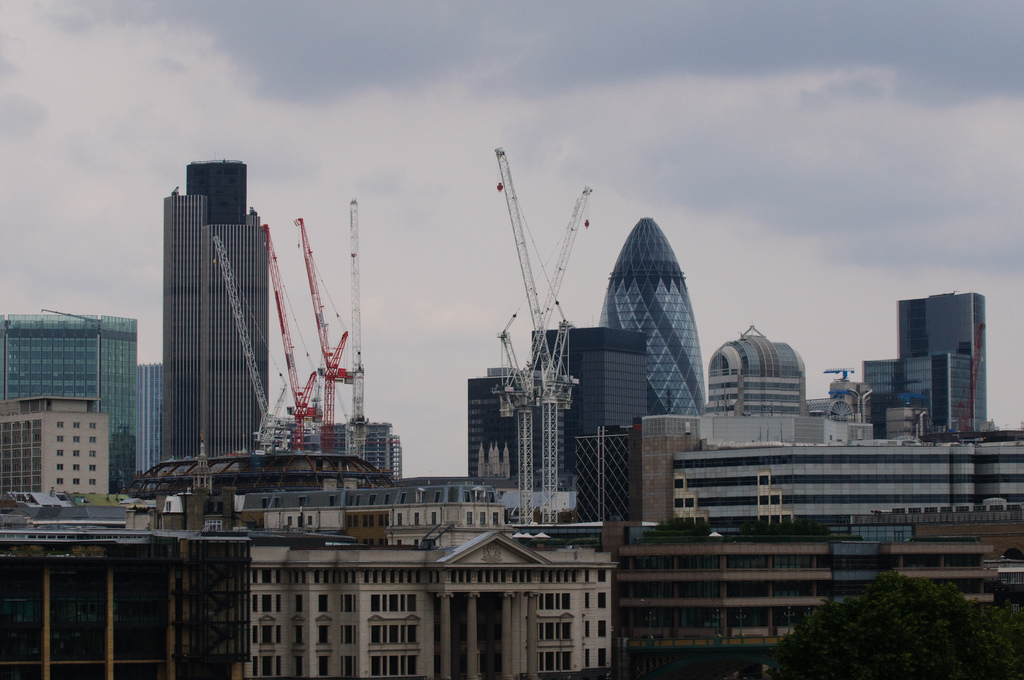
Ludwig Von Mises was the person who convinced me that a society with a minimal state could actually work. Therefore, I am ashamed to admit that it has taken me a rather long time to finally read his most political book.
‘Liberalism’ affirmed many things that I already believe. Yet, there were some sections of that treatise that I found peculiar. Throughout Liberalism Mises rejects the notion that capitalism makes brainless automatons of once free and proud workers.
During the late nineteenth and early twentieth century, this alleged cold-hearted mechanisation appears to be amongst the primary criticisms that capitalism’s opponents heap upon it.
One of Karl Marx’s most renowned bugbears about capitalism was that it ‘alienated’ workers from the finished product of their labour. The theory of alienization was an essential part of the Marxist mantra for around a century after ‘The Moor’ first floated this idea in the 1840s.
If we fast forward slightly, a slew of stinging critiques on brainless mechanisation were put forward. William Morris decried the ubiquity of industrial society in Victorian Britain. Thorstein Veblen’s Theory of the Leisure Class (1899) bashed capitalism for sapping the US elite of authentic taste. Resulting in a vacuous game of status seeking nonsense. Upton Sinclair’s The Jungle (1906) entertained readers with grisly (and almost totally false) stories of how the meat packing industry treats once living creatures with a cold callousness. Similar revulsion was initially piled on Henry Ford and his assembly line factories. Before the method was adopted enthusiastically the USSR.
It was these critiques that Mises was addressing. But somewhere towards the end of the twentieth century, the line of attack against capitalism changed.
Today’s detractors of free enterprise take a very different line. They do not argue that capitalism is lifeless, on the contrary; they argue that it is an institution comprised of raw feral emotion.
Capitalism's enemies today regard it as a bestial force. They claim that it rapes the earth, crushes the disadvantaged and tears communities apart. Put simply- the supposed character of capitalism has changed. It is no longer a bureaucratic automaton but a selfish insatiable animal.
The story that explains why this change happened is perhaps best left for another day. But acknowledging the transition is important.
As somebody who was born in the late twentieth century. It always puzzled me that older Marxists railed against the dehumanising impact of capitalism. Whereas today, it gets associated with peoples untamed wild instincts.
So what do we do with this information?
The architects of liberalism set their views down on paper long before the last decades of the twentieth century. Mises, Hayek and Milton Friedman were important and insightful academics in their time. But the debate has moved on slightly since then.
This does not mean we should dispense with those that made free-market ideas what they are today. Through their works, those who call themselves libertarians can already see that capitalism is not a rapacious monster. In fact, it would lead to a society that promotes the greater well-being of its inhabitants.
The notion that capitalism would create robots of us all has dramatically failed to materialise. The new challenge for liberal minded folk should be to make it explicit why more freedom equals kinder, positive and moral society.
There is a gap in the market here waiting to be filled.
Hi! I am a robot. I just upvoted you! I found similar content that readers might be interested in:
http://libertarianhome.co.uk/2017/09/the-character-of-capitalism/
Downvoting a post can decrease pending rewards and make it less visible. Common reasons:
Submit